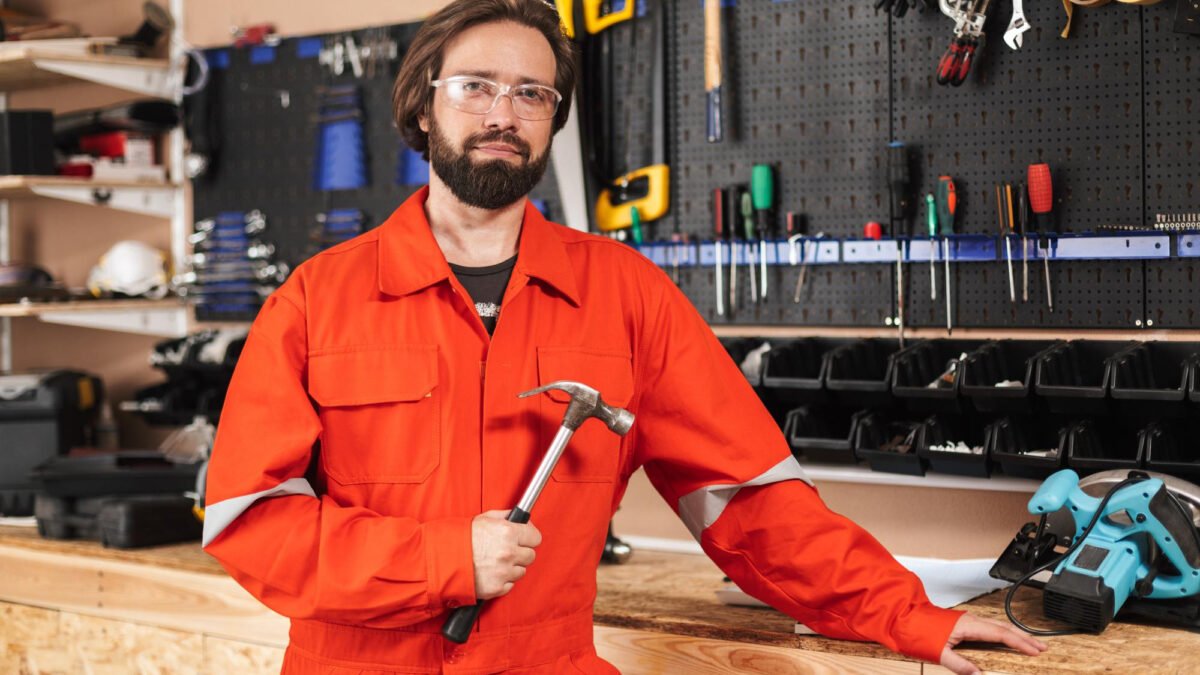Disclosure: Small Business Philippines strives to provide relevant and accurate information in all its articles. However, some information in our articles may differ or might be outdated from what you can see or read directly from the establishments’ or businesses’ websites. Please get in touch with us directly for any discrepancies.
Starting a hardware store can be a rewarding and lucrative business venture. In the Philippines, where the construction industry is thriving, there is a significant demand for quality hardware products. This comprehensive guide will provide you with the knowledge and tools you need to start your own hardware store and achieve success in the competitive market.
Why Start a Hardware Store?
Owning a hardware store offers several compelling reasons. Firstly, it provides an opportunity to cater to the growing demand for construction materials and tools. Secondly, a well-established hardware store can generate a stable income stream and long-term profits. Lastly, it allows you to become an essential part of your community by providing valuable products and services.
When and Where to Start a Hardware Store?
Timing and location are crucial factors to consider when starting a hardware store. Assess the local market conditions and economic climate to determine the right time to enter the industry. Additionally, select a strategic location that offers accessibility, visibility, and proximity to your target customers, such as construction sites or residential areas.
How to Start a Hardware Store in 7 Easy Steps
Step 1: Market Research and Business Plan
Conduct thorough market research to understand customer needs, competitors, and pricing strategies. Develop a comprehensive business plan that outlines your goals, target market, marketing strategies, and financial projections.
Step 2: Legal Requirements and Registrations
Understand the legal requirements and necessary registrations for starting a hardware store in the Philippines. Obtain the required permits, licenses, and clearances to ensure compliance with local regulations.
Step 3: Securing Funding
Determine the startup costs and create a realistic budget for your hardware store. Explore various funding options, such as personal savings, bank loans, or partnerships, to secure the necessary capital.
Step 4: Store Setup and Layout
Design an attractive and functional store layout that optimizes space utilization and enhances customer experience. Create distinct sections for different product categories and ensure efficient storage and organization.
Step 5: Procurement and Inventory Management
Establish relationships with reliable suppliers and wholesalers to source high-quality hardware products at competitive prices. Implement effective inventory management systems to track stock levels, optimize ordering, and minimize wastage.
Step 6: Marketing and Promotion
Develop a comprehensive marketing strategy to reach your target audience. Utilize both online and offline channels, such as social media, local advertising, and partnerships with contractors or builders, to promote your hardware store.
Step 7: Staffing and Training
Hire knowledgeable and customer-oriented staff members who can provide excellent service and advice to customers. Provide ongoing training to your team to keep them updated on the latest hardware products and industry trends.
Examples and Tips for Success
1. Focus on Customer Service
Offer exceptional customer service by providing personalized assistance, expert advice, and prompt responses to inquiries. Build lasting relationships with customers, as positive word-of-mouth can significantly contribute to your store’s success.
2. Product Diversification
Expand your product range to cater to a wide variety of customer needs. Consider offering niche products, exclusive brands, or specialized services to differentiate your hardware store from competitors.
3. Embrace Technology
Leverage technology tools and platforms to streamline operations, enhance inventory management, and improve customer engagement. Establish an online presence through a website and social media channels to reach a broader audience.
Key Takeaways
Starting a hardware store in the Philippines can be a profitable venture, given the country’s booming construction industry. By conducting thorough market research, developing a solid business plan, and focusing on exceptional customer service, you can establish a successful hardware store. Embrace technology and stay updated on industry trends to stay competitive in the market.
In conclusion, starting a hardware store requires careful planning, attention to detail, and a customer-centric approach. By following the step-by-step guide and implementing the provided examples and tips, you can lay a strong foundation for your hardware store’s success. Take action today and embark on your journey to become a thriving hardware store owner in the Philippines!



